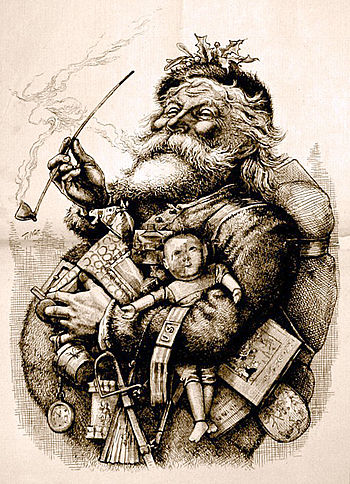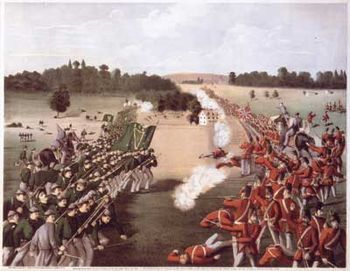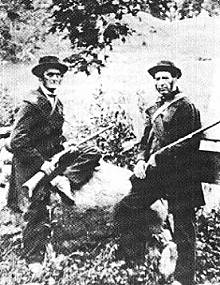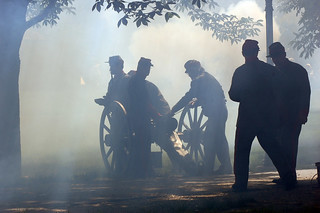Yes, he's the father, and we are grateful he loves his children. Still the loss of time with them over significant holidays burns like reflux from too much eggnog. Add, on top of that, the guilt from being resentful of not having our children all the time, and we have a recipe for depression.
However, we can take simple steps to overcome our pain. How? So glad you asked.
- Move Christmas. Obviously, the world will not change it from December 25. Should they agree to that, the ex will have the kiddos during that season. However, you can create a new holiday. Choose one that has significance for you. The winter solstice is the darkest day of the year. Make that the time that you celebrate Christmas. Wrap presents, put them under the tree, do all the December 25 stuff on December 21 (or 20). Hate using solstice? Try the Feast of the Epiphany in January. We called it Little Christmas, and it is the Russian celebration. Christmas is not about the day. It's the family and the love and the remembrance of Christ's birth.
- Celebrate Christmas. Go to church, volunteer in a shelter or soup kitchen or a hospital. Maybe you can invite friends over who have no one to share this season with--empty-nesters whose kids live across the country or world.
- Invite yourself. Do you have a good friend who celebrates with her family? If it isn't chaotic--ask if there's room for one more at the inn. I tend to be introverted and fear asking to be involved, but in my years as a teacher, I discovered from my students, by simple asking, 'Me, too?', an invitation is gladly extended.
- Movie night. Make the day special. Stay in PJs, drink more hot cocoa than you do all year, and stream every corny Christmas music Netflix offers. Make the day special to you.
- Adopt a child. This needs to be planned in advance. Does a special friend have a child or children you love? Become their grandma/pa, aunt/uncle, and dote on them all year. Christmas morning, after the family chaos has died down at their house and before they must leave for the real grandparents, stop by with gifts and coffee and homemade maple scones.
- Count your blessings. Christmas is the celebration of the birth of Christ. Read the Scriptures of his arrival--or Hebrews 10: 1-7 for a new perspective. Keep a journal for the year and record the way your children have blessed you. Re-read during this hiatus.
- Remember. This is only an interlude. Pretty soon the kids will return and you'll be wishing you could pawn them off on someone and get a break (knowing all along, you'd rather die--literally).
In divorce any holiday: Hanukkah, Easter, summer vacation can be hard. Be positive. Find alternatives, and you will survive.
What have you done that works for you?




































